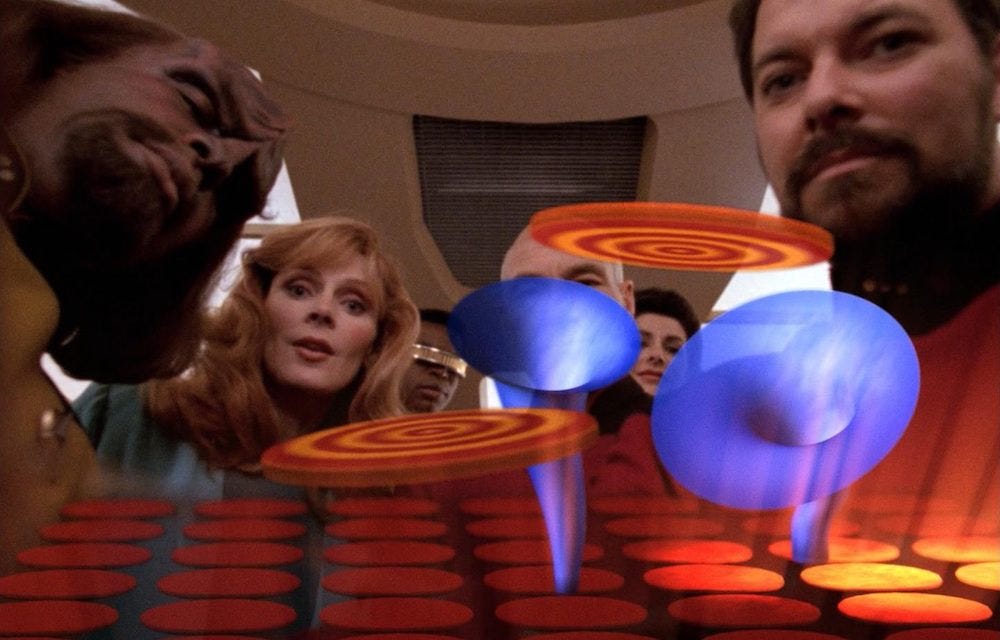Don’t worry, The Middlebrow won’t go on too much about Wordle, the online word game from England that has amassed a worldwide following of social media users who have six chances to guess a five letter word and can post their accomplishments or stumbles online for friends to see. The Scholar Wife and Rennaisance Son also play and, as with chess and Scrabble, frequently trounce the Middlebrow.
Worlde is unusual for the “free online game” ecosystem. It does not seek to unduly manipulate neurotransmitters by doling out small rewards for accomplishing repetitive feats to keep the player engaged in mindless, ad-supported activity while simultaneously trying to manipulate the user into make wasteful, in-game purchases (looking at you, Zynga). You can only play once a day so there’s no attempt by the gamemaker to win more than a few daily minutes of the player’s attention. It seems downright ethical.

Other people’s free online games become a kind of background noise in online life. For awhile, Farmville dominated Facebook (and before that it was Mafia Wars and Subway Surfers). Now Wordle is showing up in people’s feeds, but it’s not enticing others to play. It’s just people showing how well or poorly they’ve done with their daily puzzle.
These days, Middlebrow’s Twitter feed is riddled with highly produced advertisements starring Brent Spiner, Jonathan Frakes and LeVar Burton playing versions of themselves who can’t seem to seperate themselves from their Star Trek characters, playing an online starship war game. Middlebrow fell for the pitch and tried to play. The commercial’s promise an immersive, deep space experience. The reality is a slow-moving experience with basic graphics that were rivaled by a bootleg Trek game that Middlebrow remembers playing on an iMac in the early aughts. It’s also one of those scammy games which uses the lure of the Star Trek universe to deliver a typical experience where you try to build a gameworld empire that will inevitably require fake resources that wind up costing real money. Also, it would take serious time to play well and you’d have to be seriously bored for long periods to indulge. The only good I can say about it is the old Next Gen cast members are great in the online ads.
These games are based on the model preferred by Noah Vanderhoff, arcade owner in the first Wayne’s World movie, who explains: “Zantar is a gelatinous cube that eats warriors in a village. If you eat a chieftain, you go up a level.vBeauty is, you can't get to the next level, kids keep coughing up quarters.”
Real immersive and creative gaming experiences that are high quality and creative cost money. Players are so serious about it that gaming is one of the drivers of nationwide 5G adoption. These connections promise low latency that will prevent people playing multiplayer combat simulations from seeing their avatars die because their connection lags.
Just over a decade ago, latency and edge computing dominated discussions about stock market structure as well-capitalized trading firms sought to move their servers closer to the exchanges to benefit from microsecond stock execution advantages that would allow them to shave slivers of pennies off of larger stock trades. These high frequency traders, named “Flash Boys” by Michael Lewis, sparked a connection speed arms race throughout part of the investment community. Academics estimate that HFTs skim between $5-7 billion out of a $95 trillion equity market — small enough that nobody stops them but more than enough to make the practice worthwhile.
Though there is a professional gaming community and audiences gather at venues like Madison Square Garden to watch them play, there’s generally not money on the line for online gamers. It’s about passion, obsession and serotonin. Gaming is also infiltrating other aspects of our lives and seems central to the Metaverse concept. Music journalist and author Zack O’Malley Greenburg suggests that the Grammy’s, for example, might best be held in an online reality this year, like a Marshmello concert in Fortnite. If some of the Metaverse might mean that we buy real estate or visit museum in gamelike worlds, why wouldn’t we also shoot some Nazis or solve a maze full of hungry ghosts along the way?
The idea that latency now maters because gamers don’t want their stand-ins to be shot by virtual bullets is amusing but not surprising. Middlebrow remembers his childhood Nintendo Entertainment System and yelling, “But I jumped! It cheated!” when a turtle killed my Mario near the end of a particularly tough level. What Middlebrow lacked were multinational communications companies devoted to avenging the injustice.
Perhaps that’s why the Middlebrow, Scholar Wife and Rennaisance Son have gravitated to board games. A recent favorite is Going, Going, Gone, a art world auction game that is more exciting, and divisive, than even Monopoly.
Also, while we’re on the subject, The Middlebrow misses Zork.


I love Wordle for its very simplicity, and so far I haven't lost. I may not be as happy with it if I do. But I like your thought that it's 'ethical'. It is, isn't it? How refreshing!